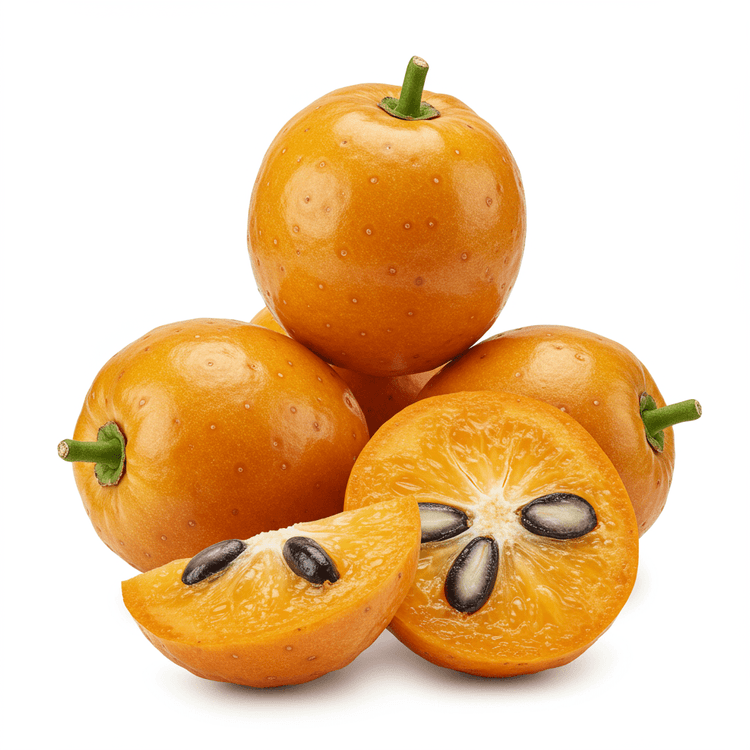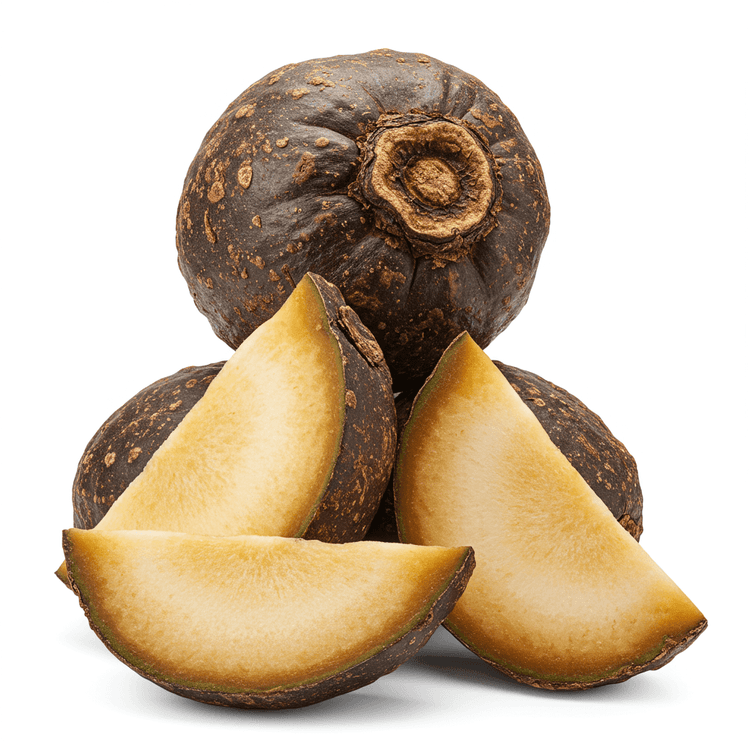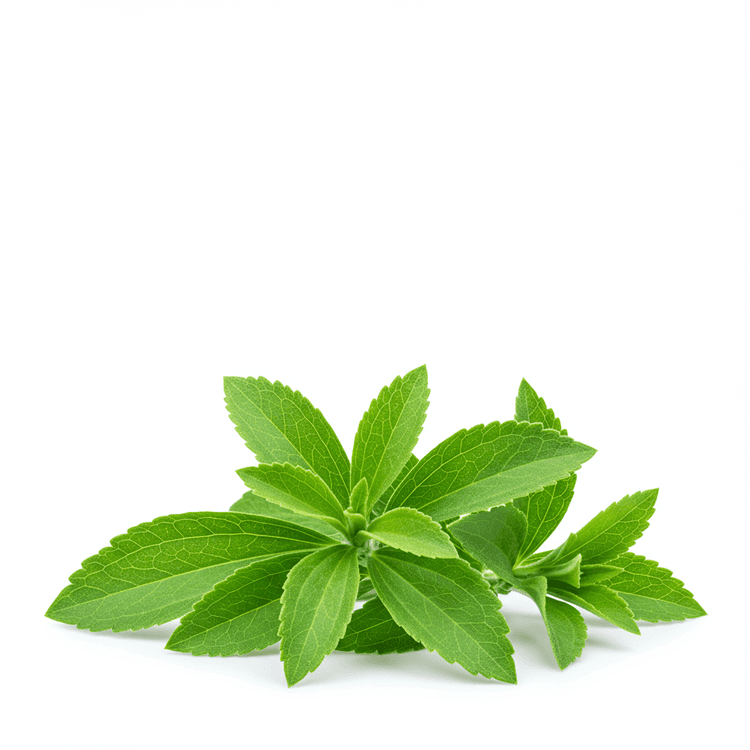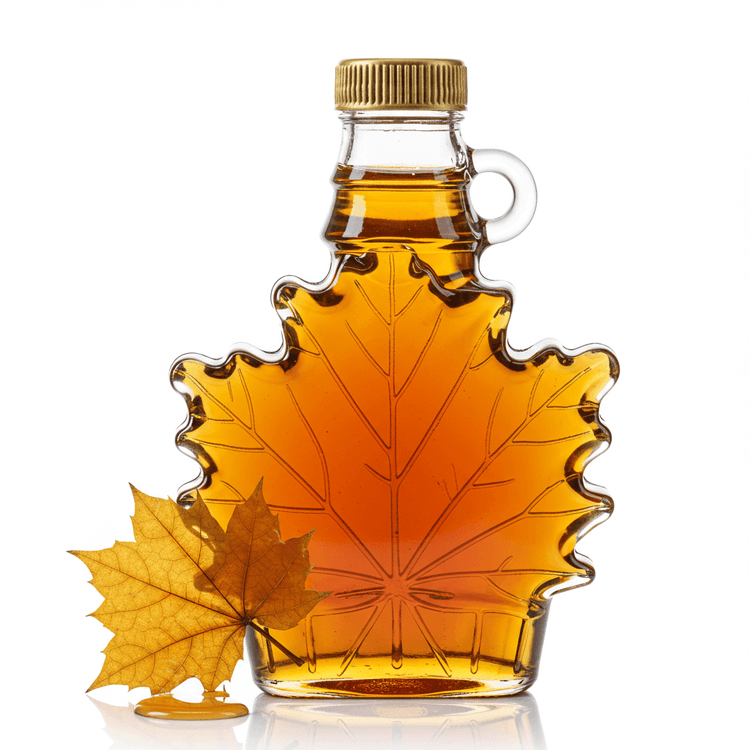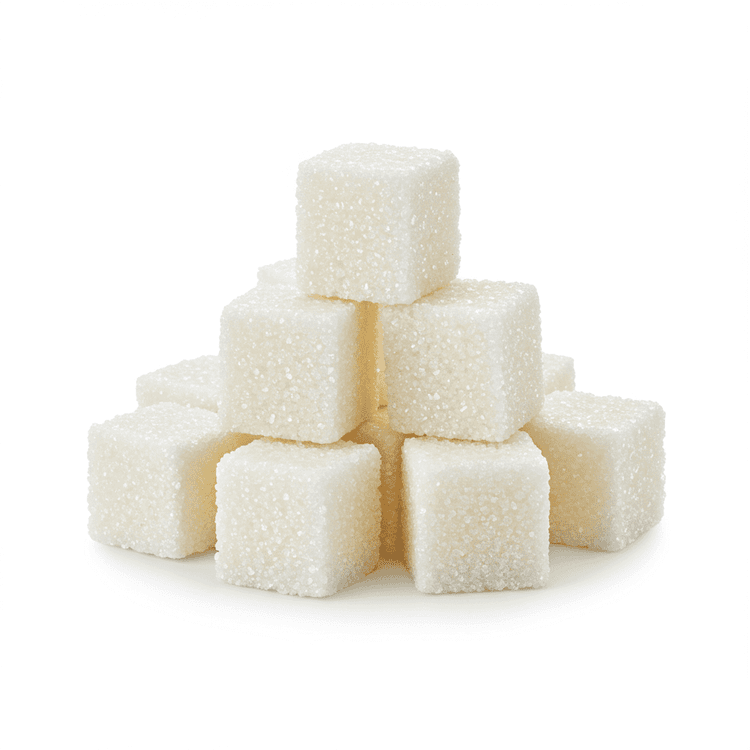
Sugar Replacer Or Natural Sweetener
Sugar replacers and natural sweeteners offer a sweet taste alternative to traditional sugar, catering to various dietary needs and preferences. These ingredients often provide fewer calories and a lower glycemic impact than sucrose. Common sugar replacers, like stevia, erythritol, monk fruit, and xylitol, vary in their flavor profiles, some mimicking sugar closely while others have a distinct aftertaste. In terms of appearance, they often come in granulated or powdered forms, easily dissolving in liquids and blending into recipes. Many people use sugar replacers for weight management, blood sugar control, or simply to reduce their overall sugar consumption in baking, beverages, and everyday cooking, making them a versatile ingredient for both sweet and savory applications where sweetness is desired without the added calories and blood sugar spike.
Common Uses
- For sugar-free baking, sugar replacers like erythritol or stevia are frequently used in cakes, cookies, and muffins, offering sweetness with fewer calories and a lower impact on blood sugar levels. Consider adjusting recipes for volume differences and potential flavor variations.
- Many people add natural sweeteners such as monk fruit or stevia to hot and cold beverages like coffee, tea, smoothies, and iced drinks to reduce their sugar intake while maintaining desired sweetness. Be sure to check the recommended serving sizes for the best results.
- As part of a healthy breakfast alternative, sugar replacers can be sprinkled on cereal, oatmeal, or yogurt to enhance flavor without adding refined sugars. Combine with fiber and healthy fats for a balanced meal.
- To create sugar-free or low-sugar sauces and dressings, liquid or powdered sugar replacers can be incorporated to provide a sweet element without relying on traditional sugar. This is particularly useful in vinaigrettes, marinades, and glazes.
- Natural sweeteners can also be used in homemade jams, jellies, and preserves to lower the sugar content while still achieving desired taste and thickness. Pectin levels may need to be adjusted to ensure proper gelling.
- Several types of Sugar replacers are used in many manufactured food products, like zero-sugar yogurts and diet sodas. These manufactured foods use these sweeteners to keep calories low.
Health Benefits
- May help manage blood sugar levels compared to refined sugar.
- Can reduce calorie intake, supporting weight management efforts.
- Some varieties may offer prebiotic benefits, promoting gut health.
- May contribute to improved dental health by not promoting tooth decay.
- Offers a range of sweetness levels and flavor profiles to suit individual preferences.
Substitutes
Chefadora AI is here.
Experience smarter, stress-free cooking.
Storage Tips
Storage of sugar replacers and natural sweeteners depends on the specific type. Most granulated or powdered forms should be stored in an airtight container in a cool, dry place away from direct sunlight and heat, similar to how you would store granulated sugar. Liquid sweeteners like syrups should be tightly sealed and may require refrigeration after opening to prevent spoilage. Always check the product's packaging for specific storage instructions to ensure optimal freshness and shelf life.
